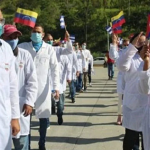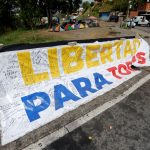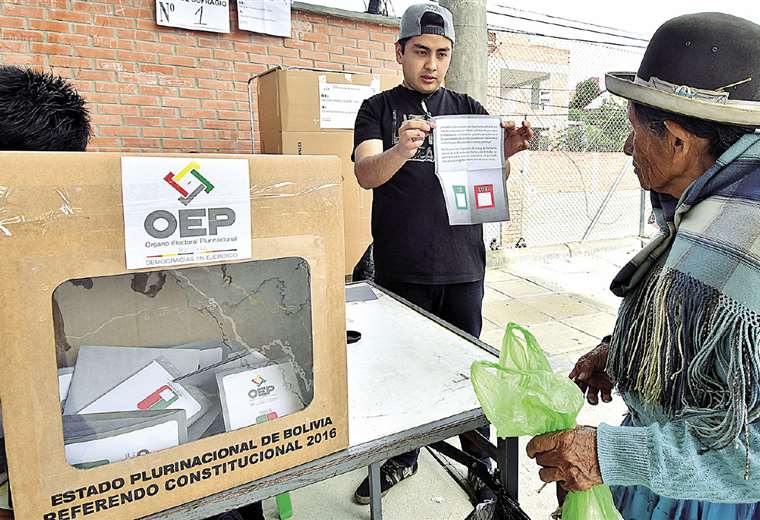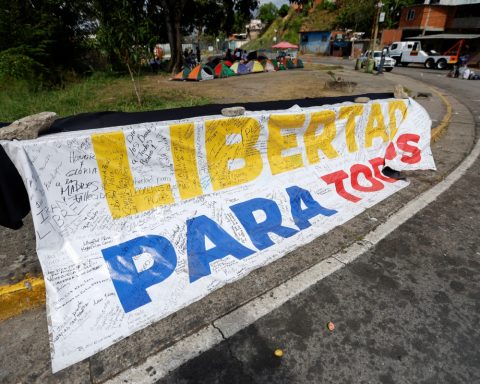President Luiz Inácio Lula da Silva met this Saturday (17) with the national coordination of the Landless Workers’ Movement (MST) to hear demands and contributions from the government’s political leaders. The meeting took place at Granja do Torto, in Brasília, which is the country house of the Presidency of the Republic.
The demands include facilitating access to credit, regularizing the situation of approximately 100,000 campers throughout the country, structuring production chains, education in agrarian reform, and incentives for the production of agroecological and healthy food for the Brazilian population. In addition to presenting their list of demands, the approximately 35 members of the MST heard from representatives of the federal government about programs and actions “that connect with the interests of members of social movements.”
In a note released by the Presidency, the Minister of Agrarian Development and Family Farming, Paulo Teixeira, highlighted the importance of dialogue to accelerate public programs for the countryside. “We want healthy food on the tables of the Brazilian people. The president has already managed to remove 24 million people from the Hunger Map. We still have around 9 million, but half of society still does not eat properly because there is a lack of good, quality, healthy products on the table,” he stated, noting that the MST is an important partner in the production of food for the country.
According to Teixeira, President Lula ordered Banco do Brasil and the Ministry of Finance to conduct studies to evaluate the creation of a Desenrola program focused on rural issues, in addition to resources and credits for housing and land purchases. Desenrola Brasil is the program created by the government to renegotiate the population’s debts.
According to the note, the member of the national leadership of the MST, João Paulo Rodrigues, expressed satisfaction with the result of the meeting and in “hearing from the president the commitment to a second working meeting in 30 to 40 days so that the government can present a response to the issues presented”.
Part of the conversation also addressed the specific situation of the MST in Rio Grande do Sul. Ceres Hadich, also from the national coordination of the MST, stated that the movement understands the catastrophe as part of a global environmental crisis. “We presented a detailed agenda looking at the specific case of the settlements. Many people were affected by the floods: cooperative structures, agribusinesses, organized production lines and chains, such as fruit and vegetable and rice. The government committed to accelerating this and working hand in hand,” she said, according to the note.
















